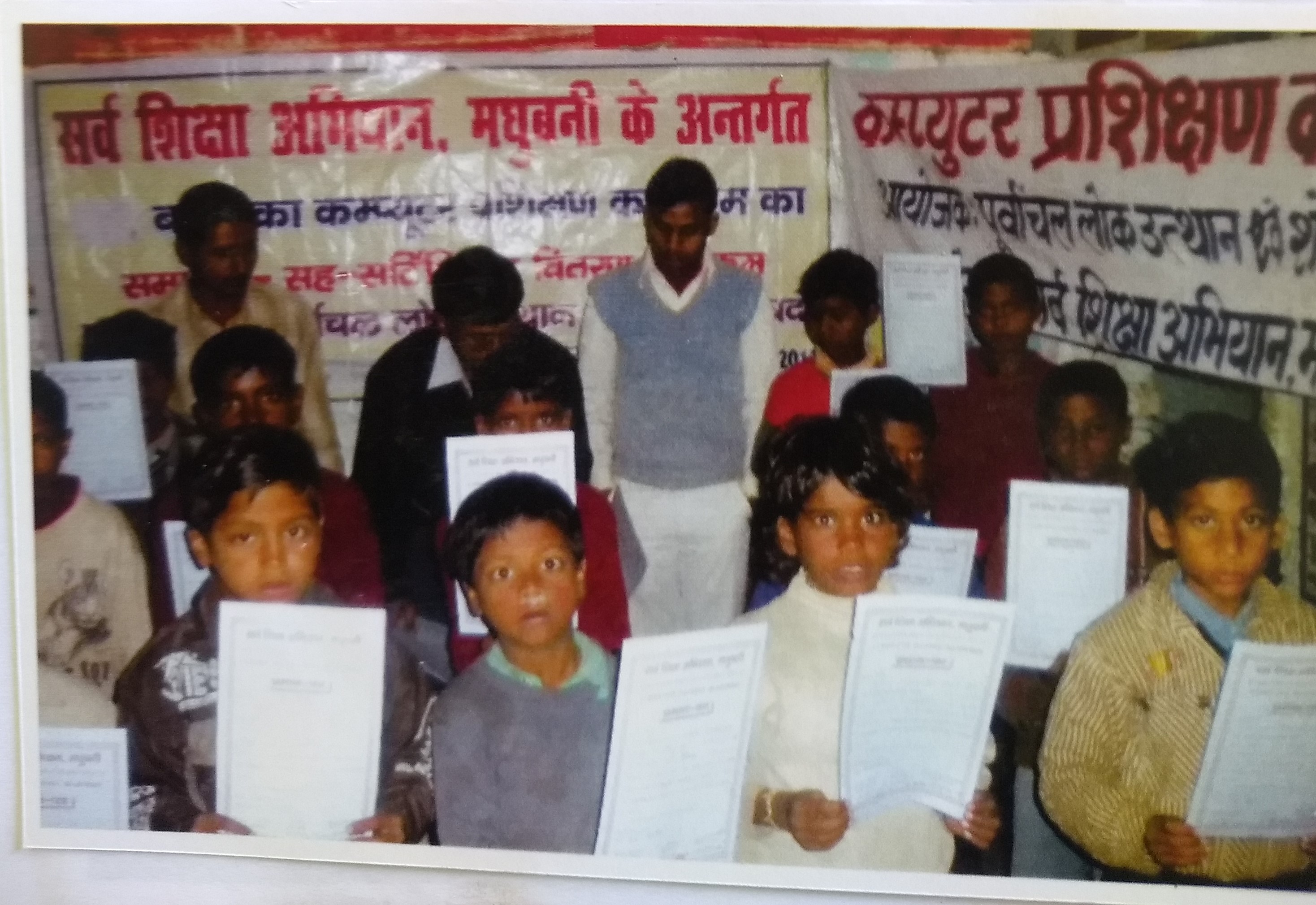
Since its inception, the institution gave priority to programs related to the education of children of the disadvantaged class. When the Sarva Shiksha Abhiyan was launched in Bihar in 2001, the organization started work to connect the dropped out marginalized children to mainstream education. The organization firstly helped in Patna and Daudnagar in the program of a household survey conducted by the government. On the initiative of the organization, children who had dropped out after taking school education for a few years were helped by setting up education centers in urban areas of Patna and Daudnagar. Later, such learning centers were also established in the cities of Buxar, Madhepura, and Dalmiyanagar, where 30 to 40 drop-out children were added to each center. These children were given bridge courses and were connected to mainstream education. More than 2500 such children were mainstreamed between 2001 and 2005 throughout Bihar.
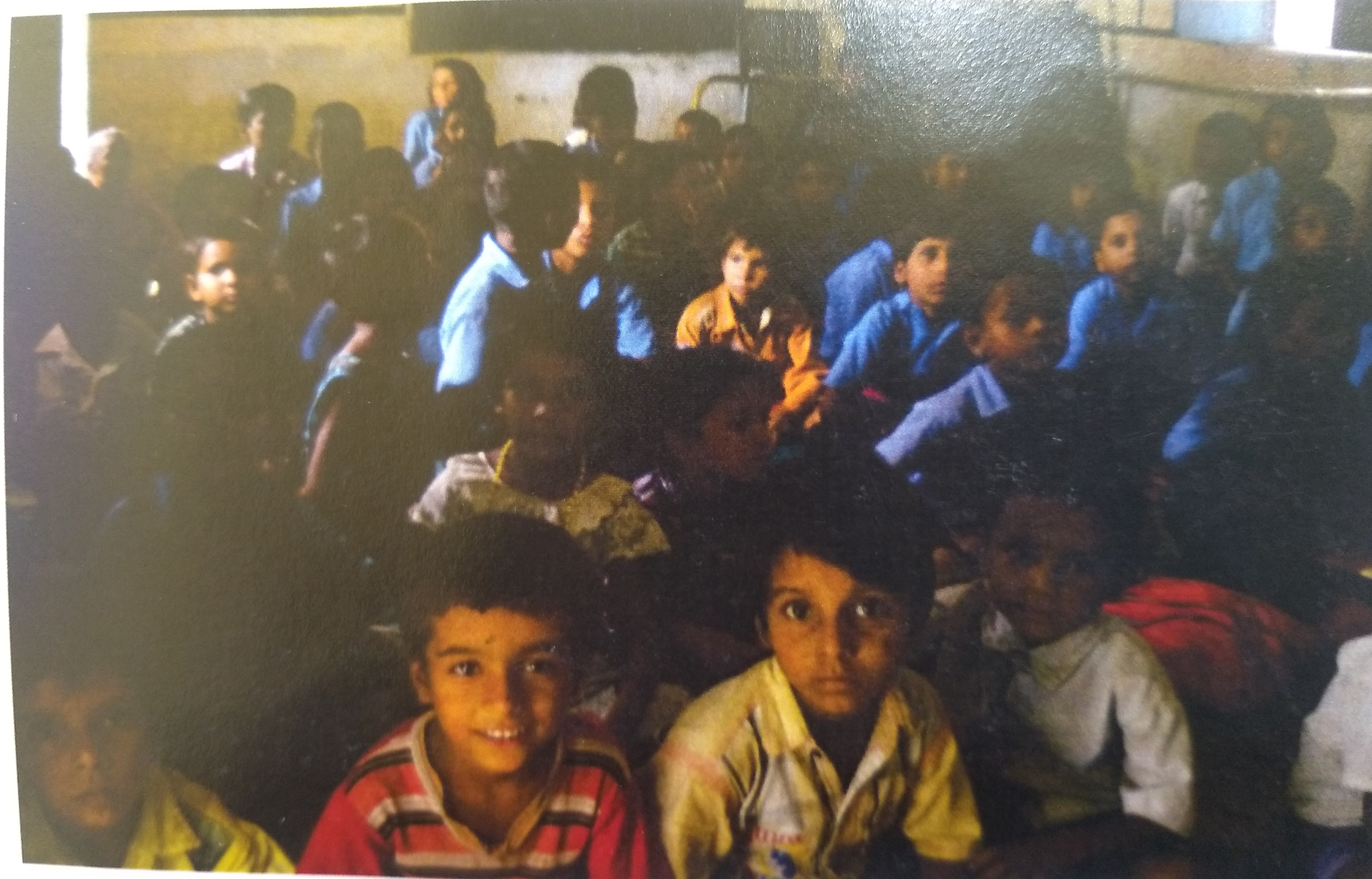
In the second round, between 2006 and 2011, the institution started mainstreaming children who had never been to school. This group consisted mainly of children from difficult groups, such as Nate, Mussahar, Dom, etc. and it was challenging to mainstream them as they did not have a tradition of reading and writing in their society and these children were not ready to accept schooling or any kind of discipline. Instead of opening a formal learning center for such children, the institute opened an informal activity center, wherein the initial stages, skills like terracotta sculpting, puppet making, cloth doll making, etc. were taught, and children were associated with folk singing. When children joined this center regularly and began to assimilate discipline, they were linked to formal education. More than 1000 such children were added in the whole of Bihar, but only 612 of them were able to be streaming. The rest of the children dropped out due to the traditional system of school education.
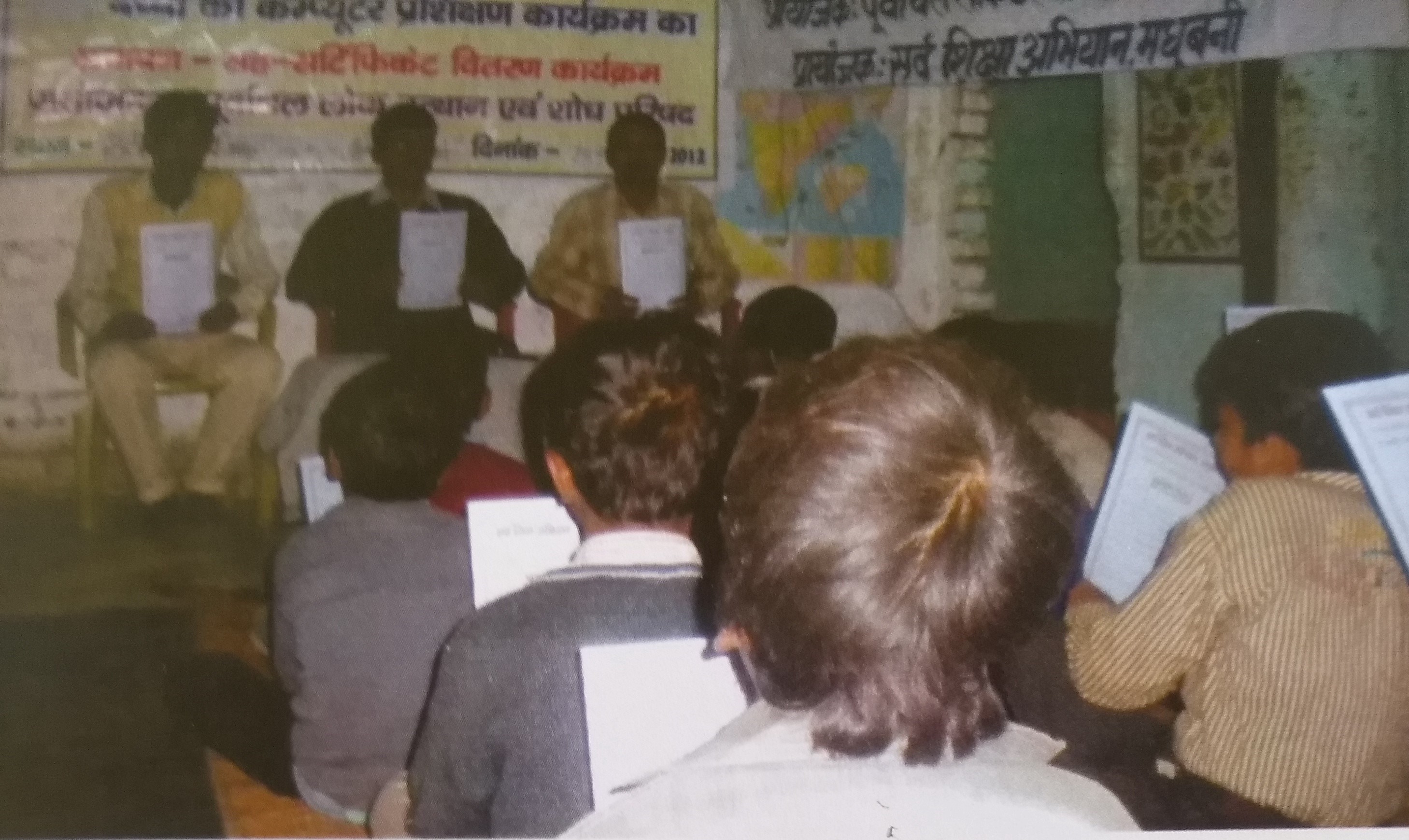
In 2008–2009, the organization successfully operated a one-year residential bridge course for 50 children and 50 girls, who were school drop-outs, in collaboration with Sarva Shiksha Abhiyan, Buxar. After the completion of the bridge course, these children were allotted to the nearby school. Surprisingly, all of these 100 children passed the matriculation examination while continuing their further studies. A similar RBC (Residential Bridge Course) Centre, in collaboration with Sarva Shiksha Abhiyan, Madhubani, was organized in Ghoghadiha in 2011-2012, a very interior block of the district. The specialty of the RBC Center was that 80% of the children enrolled, i.e., 40 out of 50, had never been to school, while 10 children were from the drop-out category. After completing all the courses, these children were tied up with the formal school. The children of RBC Centre were also given 3 months training in computer applications.
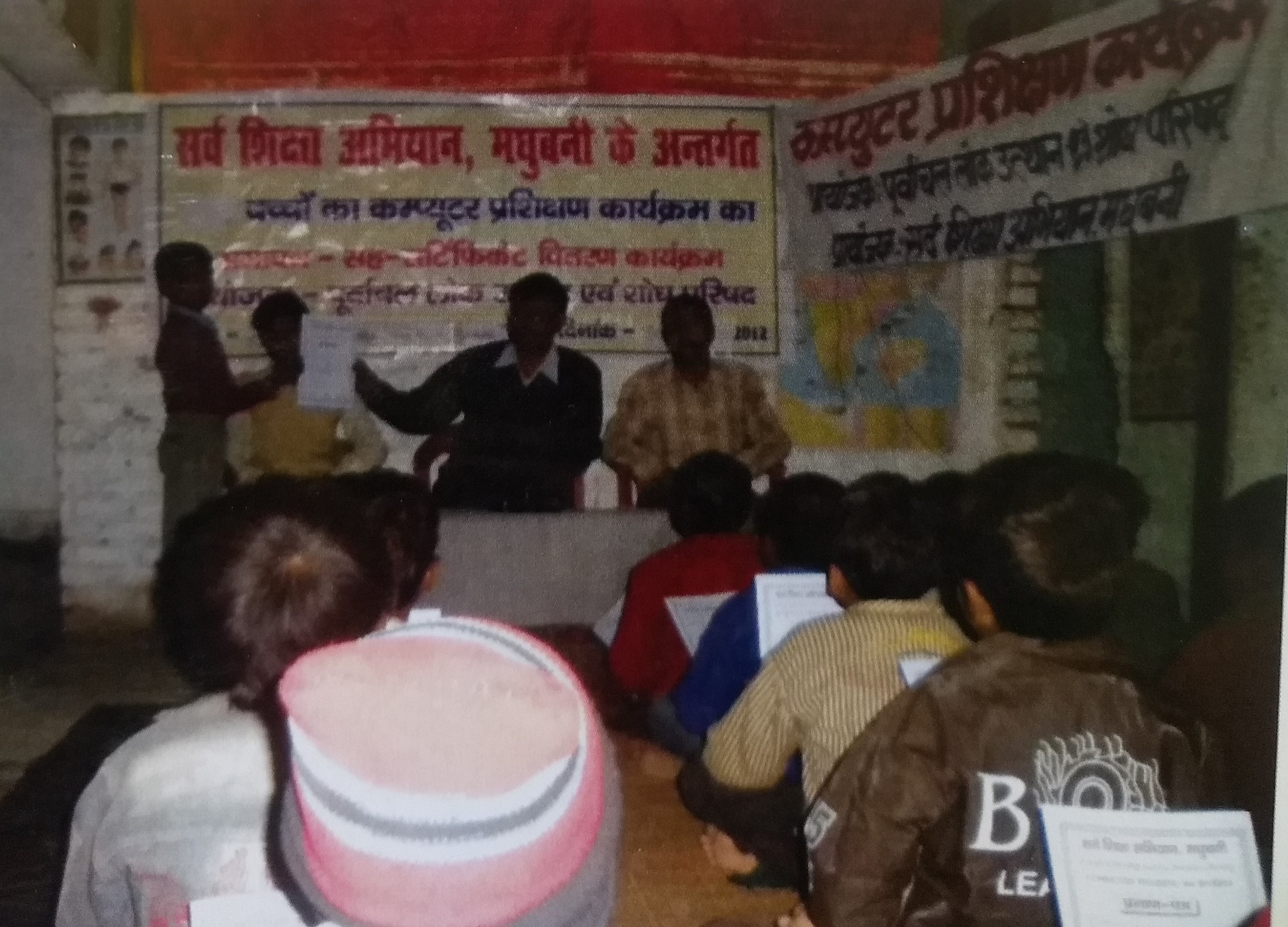
The institution also worked with mainstream school children, under the "Environmental Education
Orientation Program" in 5 government primary schools in Patna city with financial support from
PARTIVESH (A nodal agency of Ministry of HRD, Govt. Of India) in 2005 - 2006 and 2006 - 2007.
The title of this program was "Shiksha-Sahyatra," under which a program of teacher training, TLM
for children, eco-tour, and activity-based environment-friendly orientation was organized. With the
additional financial support of Sarva Shiksha Abhiyan in the Ghogherdiha block of Madhubani district,
in the year 2011-2012, 50 SC-ST children of regular schools were imparted training in computer
application. The organization gave the training of such computer applications to school-going children
of two slums of Patna city in the year 2015-2016 and 2016-2017 with the help of "upsurging vision" New
Delhi, also 96 Muslim children and girls were trained in computer applications here.
Secretary of the institution, Dr. Abhay Kumar Pandey, played a vital role in Bihar Sarva
Shiksha Abhiyan's text-book production, planning manual construction, seminars, etc. In 2006– 2008,
when Bihar was building its first school curriculum, the secretary of the institution played an
essential role as a serviceman.

In 2006-2007, the organization successfully organized a 10-day women's awareness camp at
Kankarbagh in Patna city with the financial support of the Bihar Social Welfare Society.
Thereafter, many women awareness camps were organized by the institution through its camp
office and headquarters in slums and backward areas. So far, more than 50 women awareness
camps have been organized by the institution on various subjects. It has become a tradition in
the organization that on 11 July, that is, on the occasion of World Population Day, to organize
a consultation program with the local women every year on the subject of "Maternity and Child
Welfare."
The institution also worked on the economic sustainability of women. So far, over 600 women have
been empowered by imparting skill development training in screen printing, card making, application
work, doll making, sewing, mushroom production, etc. The organization has trained computer studies
and English speaking to more than 350 young and poor women to stand on their feet in the future. Apart
from this, 345 rural women have been trained in mushroom production with the help of branch offices of
the institution. The organization trained some women of Patna slums in the art of making terracotta
figurines and making gharaunda. Today many of these women, especially on the occasion of Deepawali,
can be seen selling their idols and gharaundas.
Since its inception, a tradition has been carried out in the institution, to organize programs on the occasion of 5 June, that is, World Environment Day. On this occasion, environmental awareness camps are being organized by the institution and its branch office. Picture exhibitions are held on this occasion, and discussions are held with people on the subject of keeping their neighborhood clean and clean drinking water free from diseases, especially during the rainy season. Our camp branch does the plantation with public support, and people are also made aware of the importance of trees. In 2006– 2007, 2011– 2012 and 2013– 2014, the financial support for the National Environment Awareness Campaign was received from the 'rural-youth coordination center', the regional nodal agency of the Ministry of Environment and Forest of the Government of India. Under this, the organization made people aware of the importance of "Biodiversity Conservation," "Solid Waste Management," "Plantation in Human Life," and some tree plantations were also done with public support. But the most notable work related to environmental protection was done by the institution in collaboration with the school children of the slums of Patna in 2004–2005 and 2007–2008 with Pratishtha, Patna.

The institution celebrates de-addiction week in many regions of Bihar.
There have been attempts to keep people aware through posters, wall writing, etc.
In Daudnagar, Dalmiyanagar, Koilwar, Patna slums, etc., dozens of small seminars were
held on the topic of early-marriage of young girls and the harm caused by it. Apart from
this, discussions and awareness programs are being done on the subject of care of pregnant
women, child welfare, vaccination, nutritious food, pure drinking water, etc. The institution
is also conducting many awareness programs on the subject of arsenic.
In many slums of Patna, the institution conducted cataract screening and medical treatment
for elderly people with the help of "Marwari Hospital." But the most important function of
the organization is to organize medical camps. So far, the organization has organized more
than 60 medical camps with its resource and public support. These medical camps are usually
conducted between the slums of the city and the impoverished section of the rural area, who
are usually deprived. Free medicines were also distributed in the city, which was received
from doctors and pharmaceutical companies.
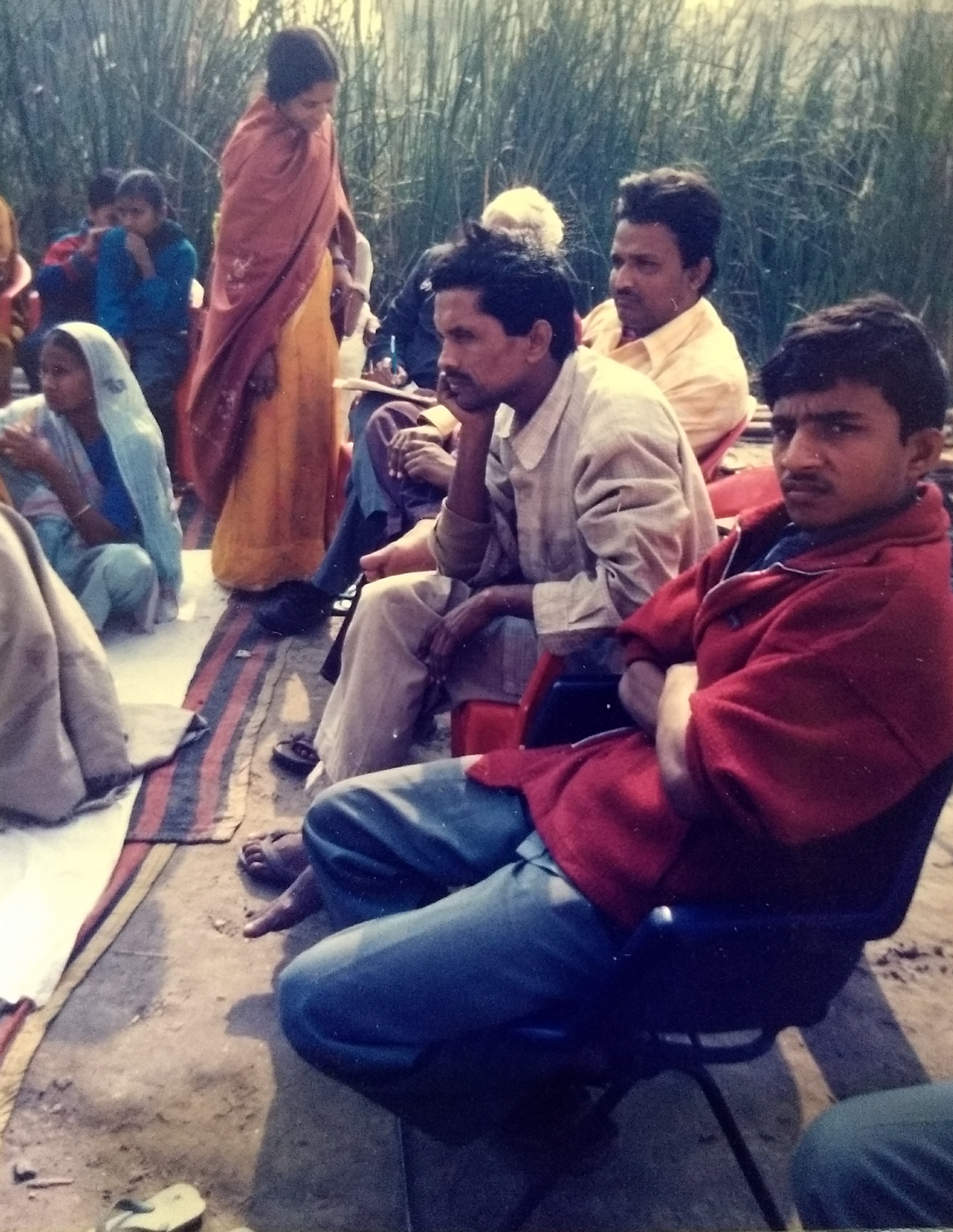
The organization has organized several awareness campaigns to use organic manure instead
of chemical fertilizer. A total of 52 workshops have been organized on the scientific method
of making vermicompost and other types of compost. Along with agriculture, dozens of sit-ins
were done in rural areas by the institution to discuss the importance of animal husbandry. In
addition to this, farmers were made aware of doing modern and commercial agriculture instead
of traditional agriculture. Several programs of tree plantation were also organized with the
farmers to encourage forestry.
In India, 20% more grains are wasted every year due to unscientific 'food security and storage.'
With the help of experts, the organization held a small meeting with the farmers on this subject,
and they were informed about the proper and scientific methods of "food security and storage." In
the context of the topic of food security and storage, experimental programs were carried out for
the farmers to "eradicate or control rats."
So far, more than 14 women have benefitted from this program on the subject of mushroom production
and protection for rural women. Experts related to our organization had an essential role in
facilitating this program.
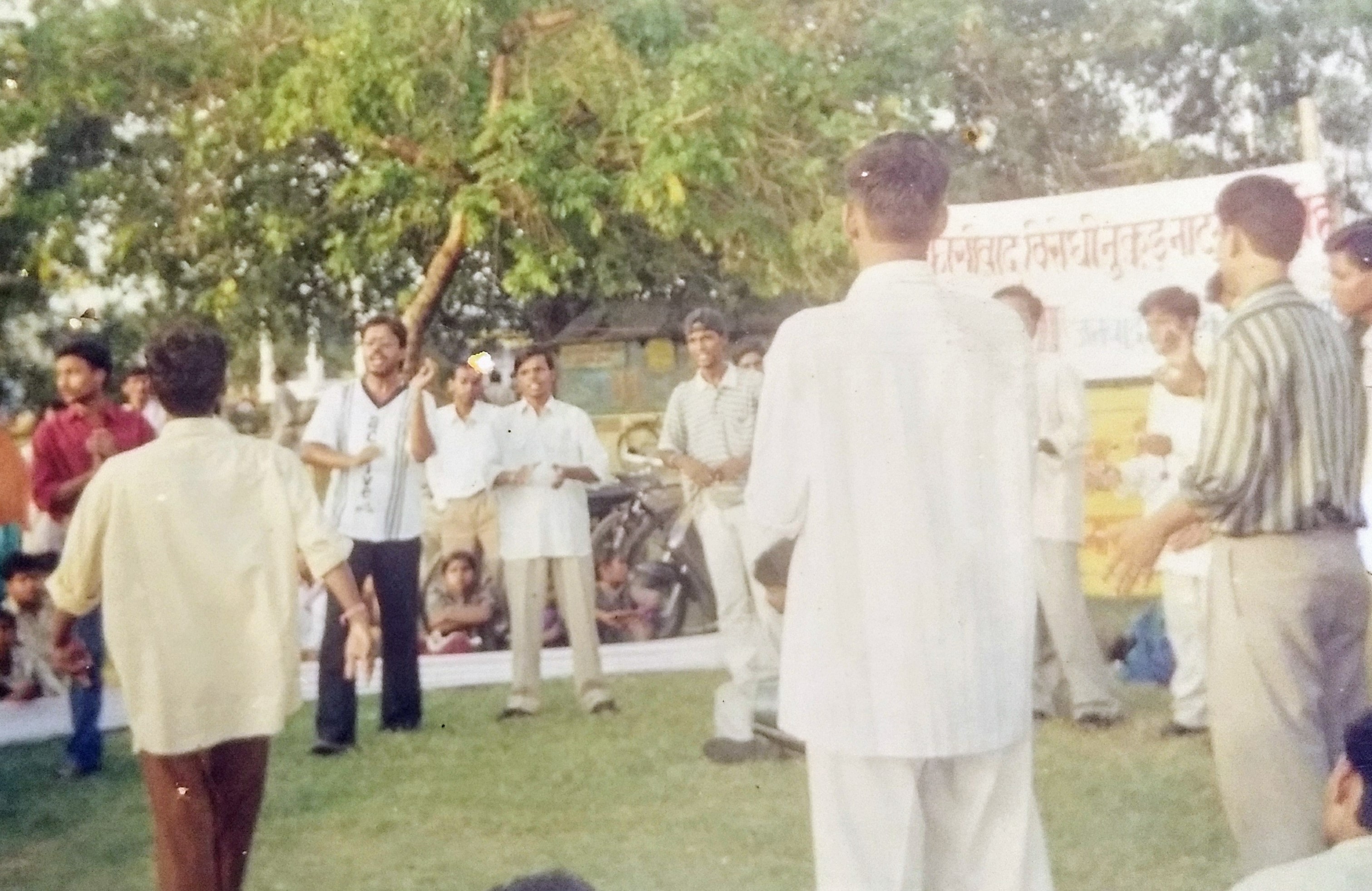
Because the future of any nation is its children, the organization gave a significant trust in developing culture and creativity in children. The institute has done many creative programs with the children of slum and backward rural areas. To date, more than 100 painting competitions have been conducted by the institution among the disadvantaged children. Apart from this, children were also linked to the skill of sculpture making. Children learned the art of gharaunda by the experts of the institution. Some children achieved excellence in idol-making arts, and some in gharaunda-making arts, their works were sold in the market as well, especially on the occasion of Deepawali festival.
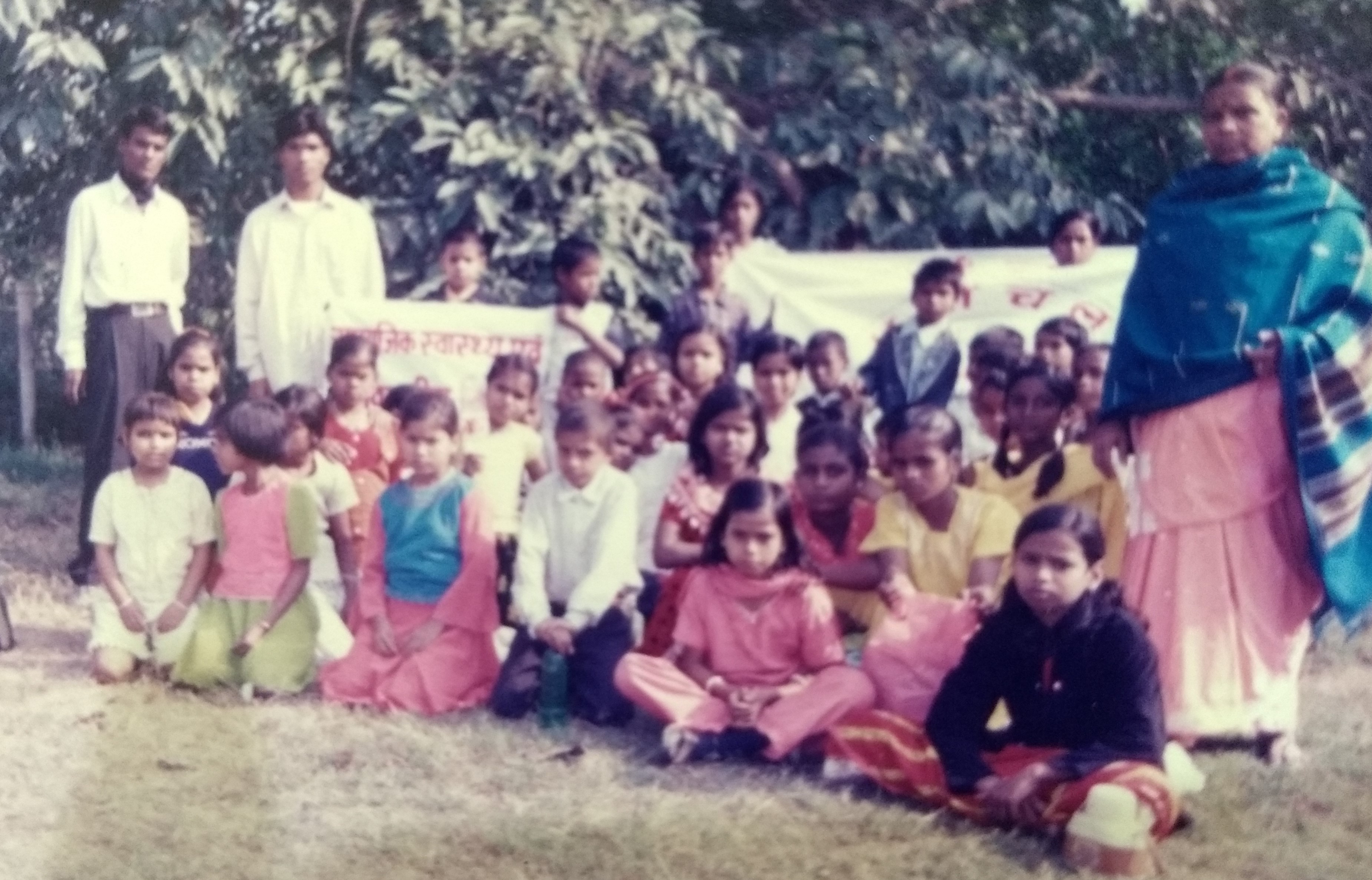
The organization has created the singing troupe of children who are still unprivileged. Some of these children achieved so much excellence in folk singing that they also gave their programs on stage. The institution produced street plays with the children of villagers and slums and has had many presentations. "Children's Court " and " Hae Re Polythene" are two plays that have been practiced by many child circles of the institution, and more than 300 performances have been done by all these children's circles so far in the last 15 years. So far, with the guidance and cooperation of the institution, more than 18 Rang Yatras has been organized for these underprivileged children on different subjects. A brilliant swan magazine was released in 2014 by the children of the slums of Malai Pakri in Patna.
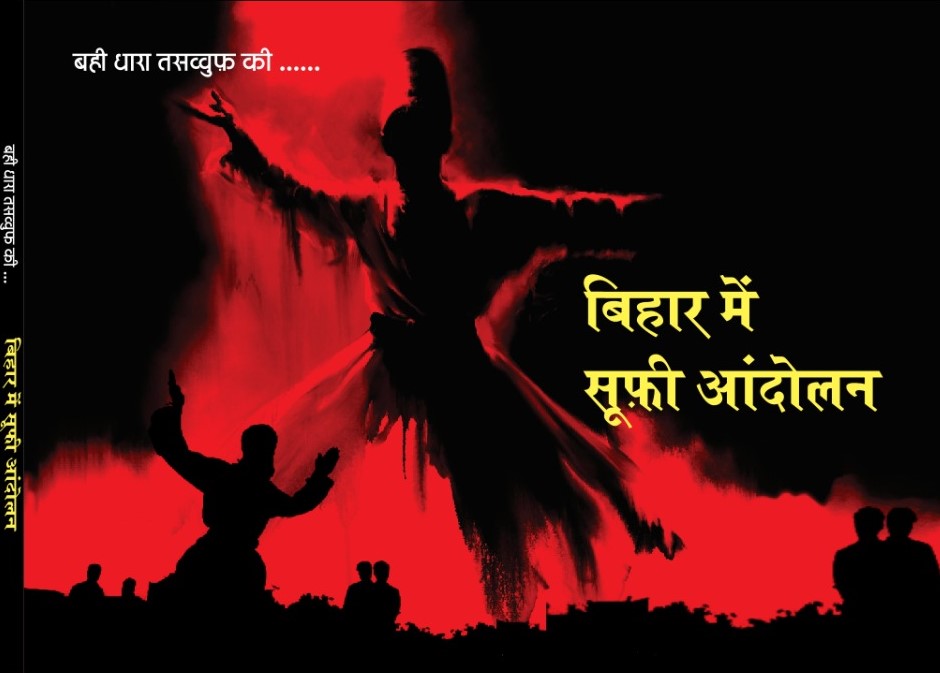
From the very beginning, the subject of research, study, and survey has been important for the institution. As mentioned in the past, the first work that the organization did since its inception in 1993 was that of a survey and study. Survey and studies on education, health, and social practices were done in many slums of Patna, such as Mainpura, Kurji, Gosai Tola, Kamala Nehru, Malahi Pakri, Dusadhi Pakri, and Hanuman Tola. Apart from this, critical surveys and studies were done by our Daudnagar (Aurangabad) unit on the subject of the education of children and marriage at an early age in Muslim society. The head office of the institution surveyed and studied the learning level of children studying in 3 government schools in two slums of Patna for 6 consecutive years from 2010 to 2015, and its findings were shared with the concerned school and district education office.
The first important research work the institute did was on the topic of folk culture of Bihar, especially Bhojpuri folk culture, and it was a small research work that ensured the dimension of Bhojpuri folk culture, followed by "Bihar in 2010". Research work was carried out on the topic "Low castes in India." But the institution completed its milestone research work in 2018, and it was the "Sufi Movement in Bihar." It took more than 2 years to complete this work. This research work was completed with the financial support of the Art Culture and Youth Affairs Department, Government of Bihar. The organization has beautifully published this beneficial research work in the form of a book.
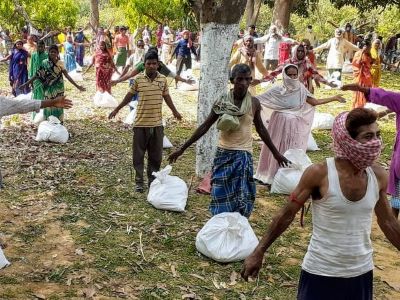
COVID-19 pandemic shook the world on its arrival. In order to save civil society from this disaster, people lockdown in India was announced from 25 March 2020. Consequently, lakhs of people in the country got stuck elsewhere, the problem of unemployment emerged in front of crores of people, millions of people started fighting with the problem of livelihood and hunger. Thousands and thousands of migrant laborers, along with their children and wives, went out of their way to reach their village without caring about starving to death. In such a situation, the institution took the initiative to feed the hungry people on the streets of Patna. From 27 March, with the help of colleagues, they started providing cooked food to 600-900 extremely needy people every day. More than 6000 masks were distributed, and more than 3000 drinking water bottles were distributed. But due to no regular support of this funding, relief work could be carried out in Patna city till 31 March. Our Lakhisarai unit distributed 200 packets of dry food grains, potatoes, pulses, soaps daily with public support among the needy people, but this could not be done for a long time, yet our people provided relief packets to about 900 families. Similarly, the relief material was distributed among the inferior castes of our DaudNagar unit, Nat, Musharo and Tum family from 1 April to 12, a total of 700 packets of relief material were distributed here. In the absence of financial resources, the organization continued to make people aware of Patna Slums, DaudNagar (Aurangabad), and SC Tola of Lakhisarai. The organization continued to bring possible awareness to the civil society about the subject of social distance, the use of masks, the use of soap or sanitizer, etc.